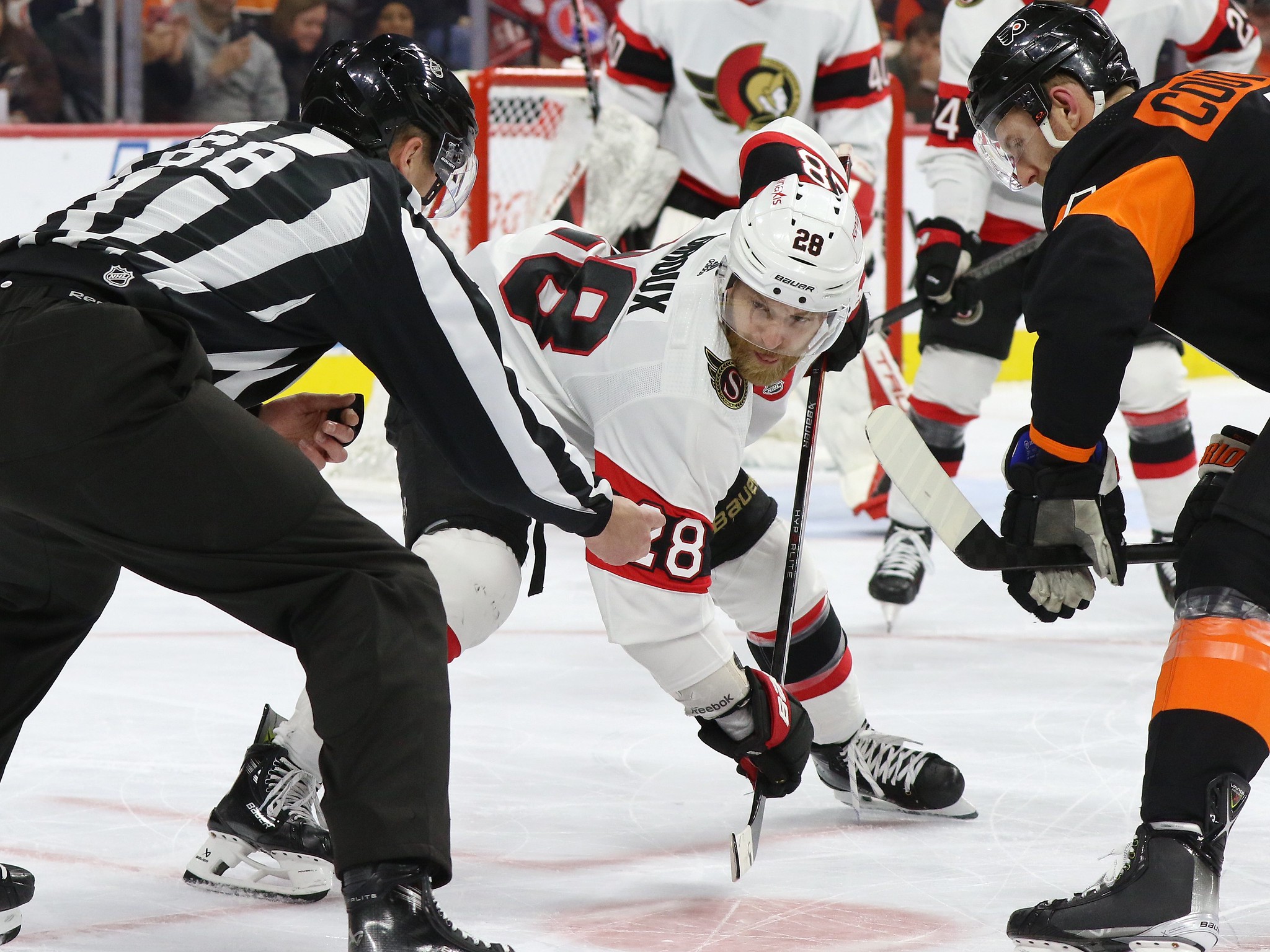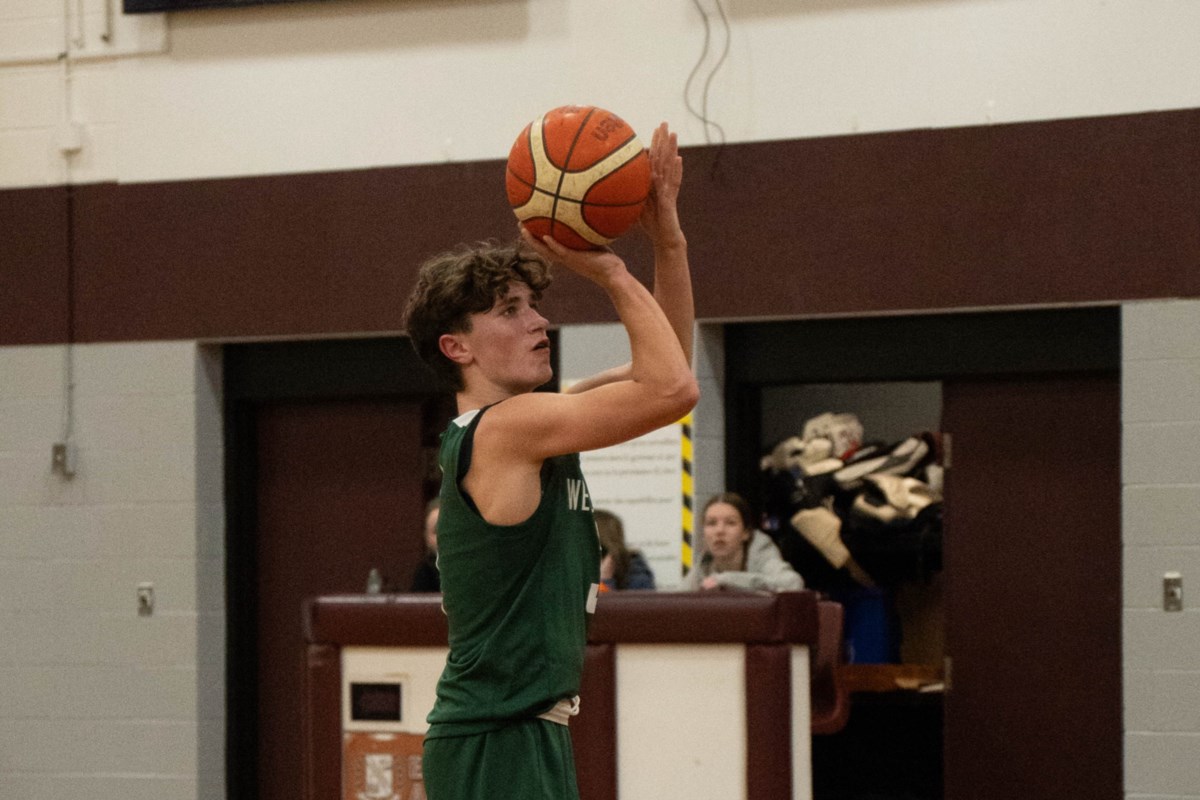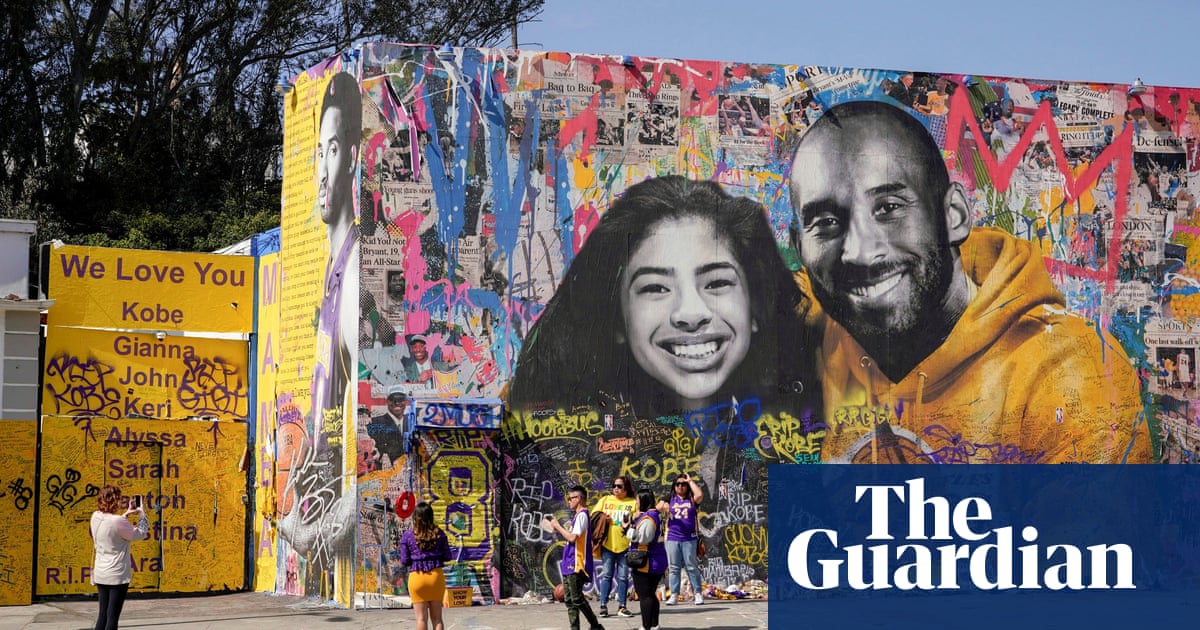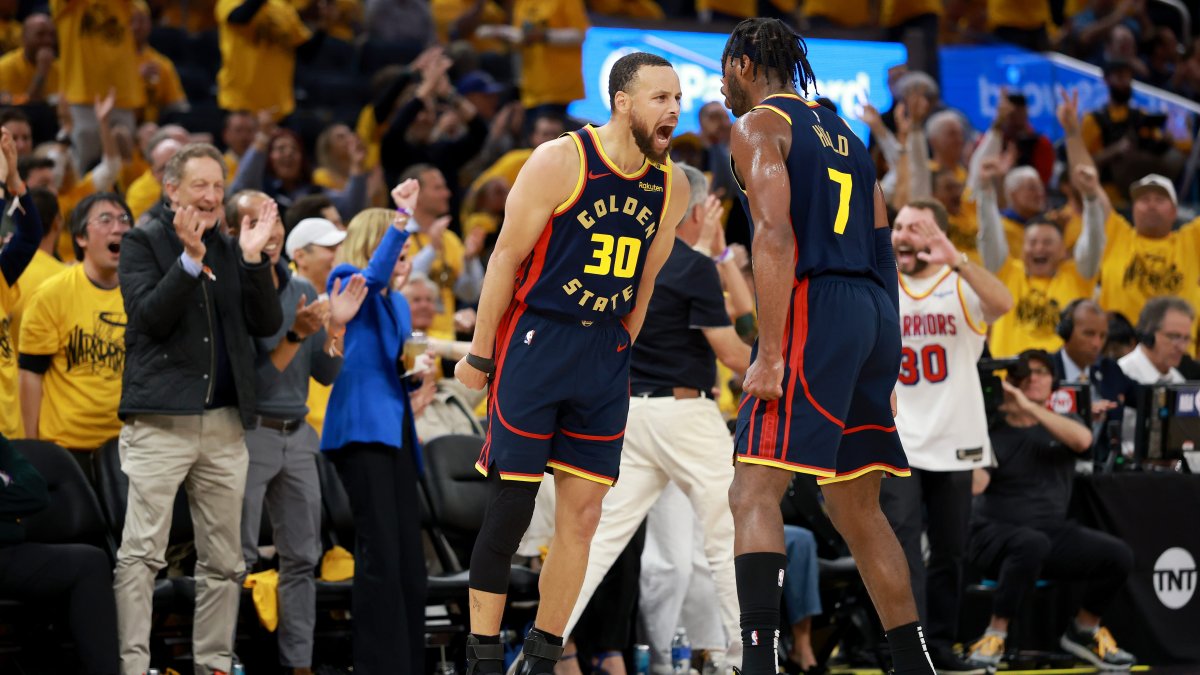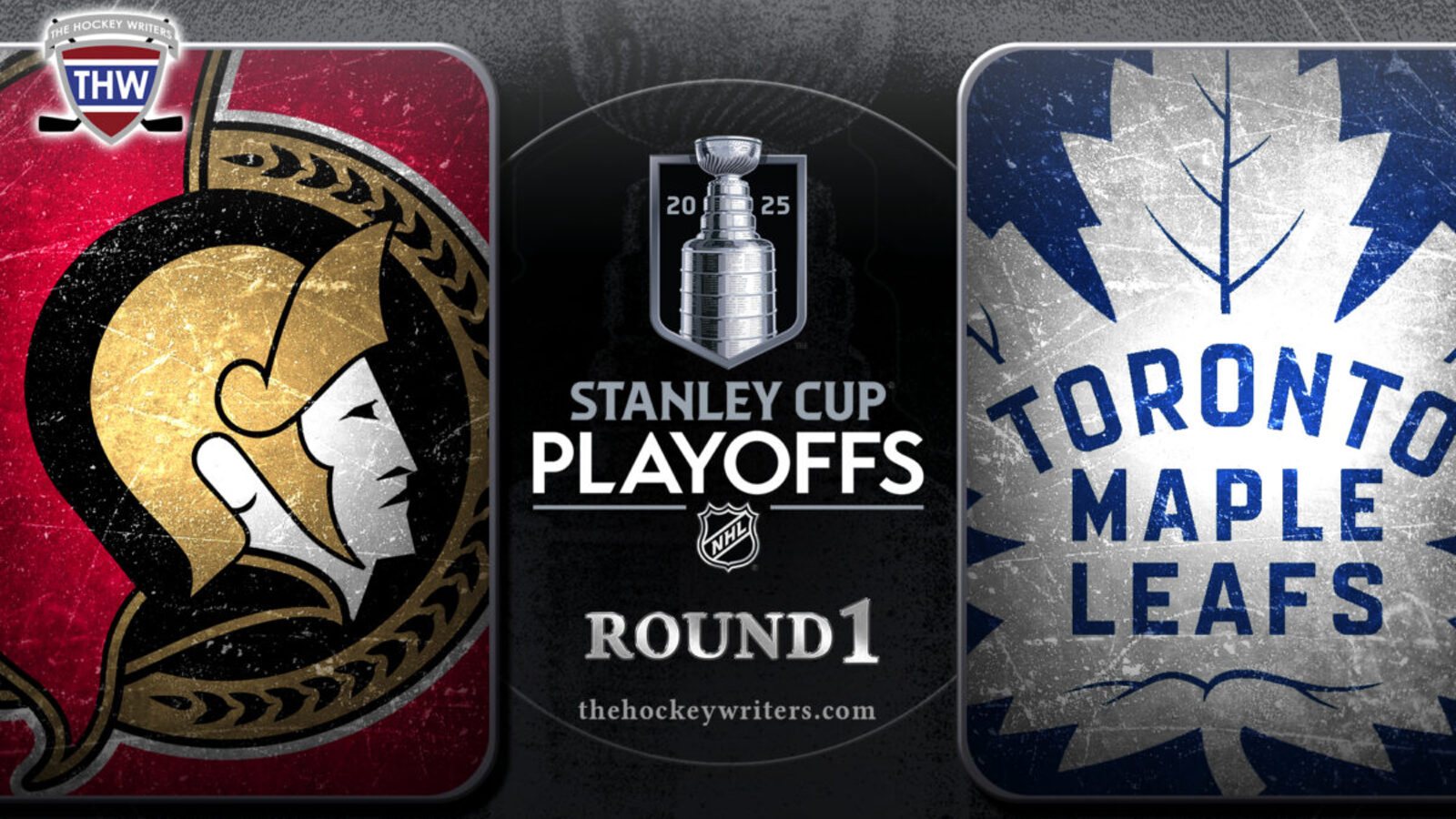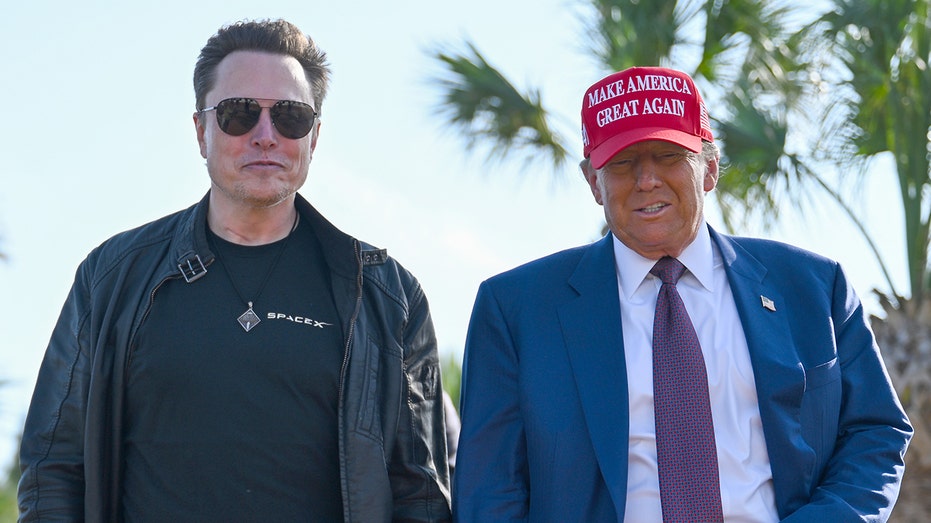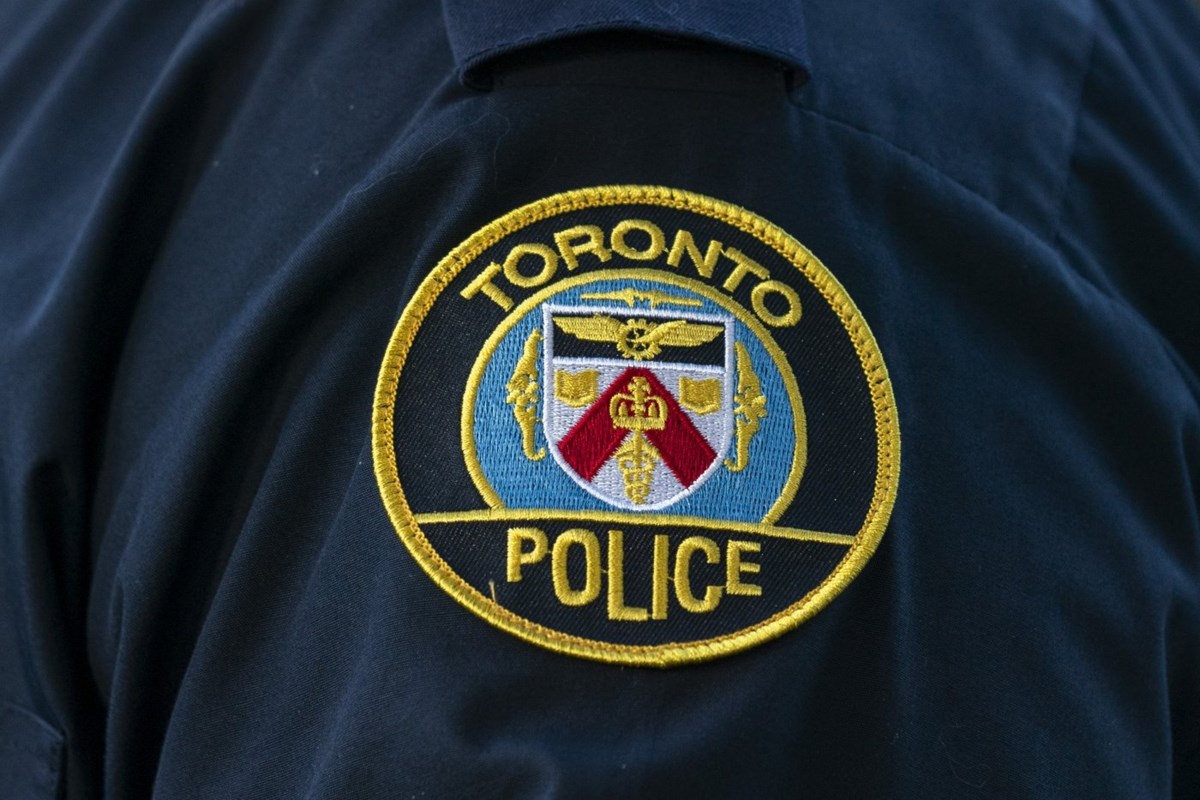Putin Calls for Three-Day Ceasefire to Commemorate WWII Anniversary, Ukraine Pushes for More

MOSCOW and KYIV In a significant announcement, Russian President Vladimir Putin has declared a three-day ceasefire in Ukraine to honor the 80th anniversary of the Soviet Union's victory over Nazi Germany in World War II. This ceasefire is set to commence at midnight on May 8 and will last for three days, coinciding with Victory Day, a solemn holiday celebrated by both Russia and Ukraine.
The Kremlin's official statement outlined that the ceasefire is intended for "humanitarian reasons," reflecting the somber nature of the occasion. Putin's declaration comes amidst ongoing hostilities in the region, and it signals a potential moment of reflection during a time of war.
In response to this announcement, Ukraine's Foreign Minister Andrii Sybiha expressed skepticism about the brief nature of the proposed truce. He emphasized Kyiv's readiness to engage in a more extended ceasefire, advocating for a month-long halt in hostilities rather than just a temporary pause for the Victory Day celebrations. "Why wait until May 8th?" Sybiha questioned in a post on X, the platform formerly known as Twitter. "If the fire can be ceased now and since any date for 30 daysso it is real, not just for a parade. Ukraine is ready to support a lasting, durable, and full ceasefire ... for at least 30 days."
Ukrainian President Volodymyr Zelenskyy echoed this sentiment in a video address, stating that Ukraine has not desired even a moment of the ongoing conflict. He reiterated the call for an unconditional 30-day ceasefire to begin immediately, emphasizing, "We value human lives, not parades." This statement underscores Ukraine's commitment to seeking a peaceful resolution to the war rather than merely observing a ceremonial pause in violence.
The backdrop of this announcement includes a tragic incident in Kyiv, where funerals were held for a teenager and his parents, who were among 13 civilians killed in a Russian missile attack on Thursday. This assault represents one of the deadliest strikes on the Ukrainian capital since the onset of the full-scale war, marking a grim reminder of the heavy toll the conflict has taken on civilians.
It is important to note that Russia had previously declared a ceasefire for Easter, which both sides reported failed to hold, casting doubt on the effectiveness of such temporary truces. Prior to this, Ukraine had agreed unconditionally to a U.S.-brokered 30-day ceasefire proposal, a deal that Russia declined to sign, with President Putin citing concerns that Ukraine could use the period to rearm and mobilize additional forces. In fact, Ukraine has asserted that Russian attacks on its cities intensified following the announcement of the proposed ceasefire.
On Monday, the Kremlin urged Ukraine to follow its lead regarding the Victory Day ceasefire, while also cautioning that Russian military forces would remain on high alert. A statement from the Kremlin warned, "In the event of a violation of the ceasefire by the Ukrainian side, the armed forces of Russia would give an adequate and effective response." This statement highlights the fragile nature of truces in the conflict, where both sides seem poised to react to any perceived breaches.
Additionally, Ukraine has shifted its observance of Victory Day from the traditional former Soviet date of May 9 to May 8, aligning itself more closely with the rest of Europe since Russia's full-scale invasion in 2022. This change symbolizes Ukraine's desire to distance itself from Soviet-era narratives and assert its sovereignty.
Putin's call for a temporary ceasefire occurs during a critically tense week for negotiations aimed at ending the conflict. The Trump administration has noted that discussions have reached a pivotal moment, with President Trump's patience reportedly running thin. According to White House Press Secretary Karoline Leavitt, "President Trump is increasingly frustrated with leaders of both countries. He wants to see a permanent ceasefire."
Following a one-on-one meeting with President Zelenskyy ahead of Pope Francis' funeral, Trump reiterated his concerns regarding Russia's recent military actions against Ukraine, expressing doubts about Putin's intentions to genuinely pursue peace. He remarked, "There was no reason for Putin to be shooting missiles into civilian areas, cities and towns, over the last few days. It makes me think that maybe he doesn't want to stop the war, he's just tapping me along, and has to be dealt with differently, through 'Banking' or 'Secondary Sanctions?' Too many people are dying!!!" These comments reflect the complexities and frustrations underlying diplomatic efforts to resolve the conflict.
Polina Lytvynova contributed to this report from Kyiv.










